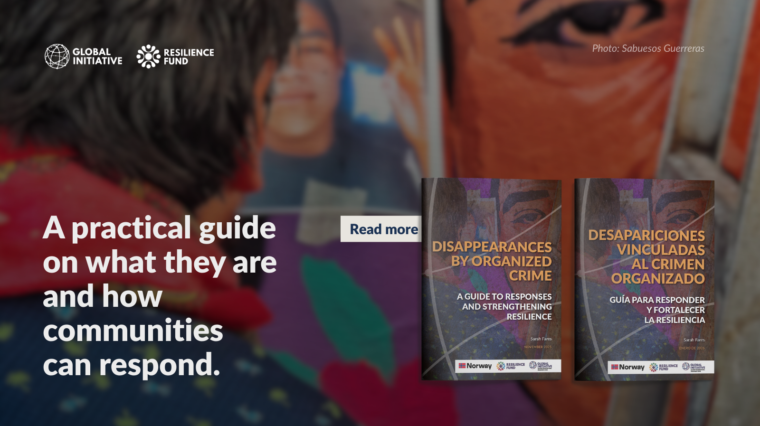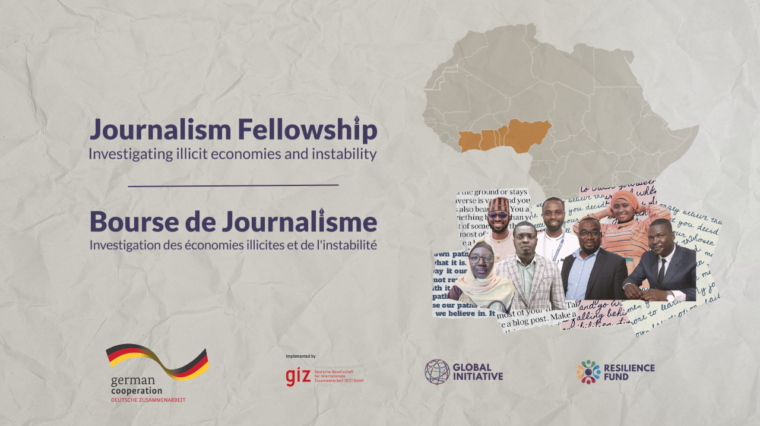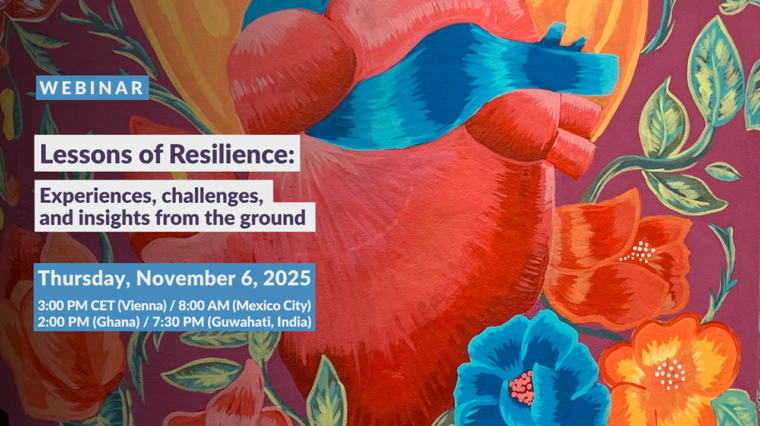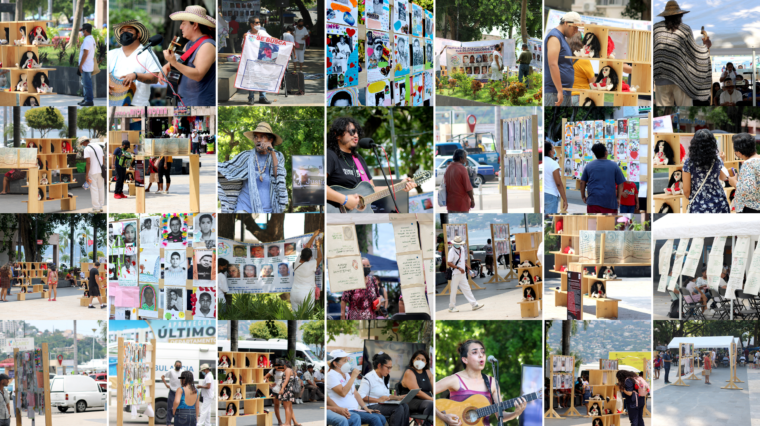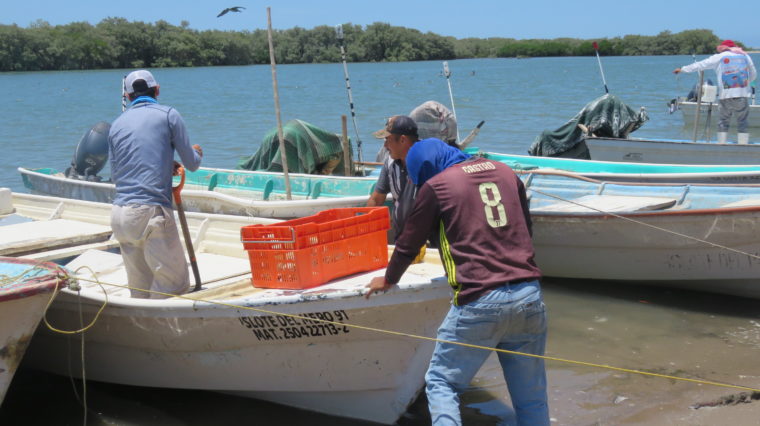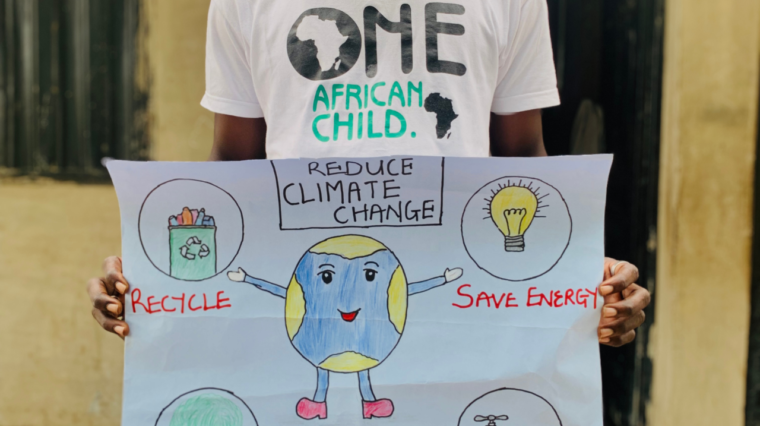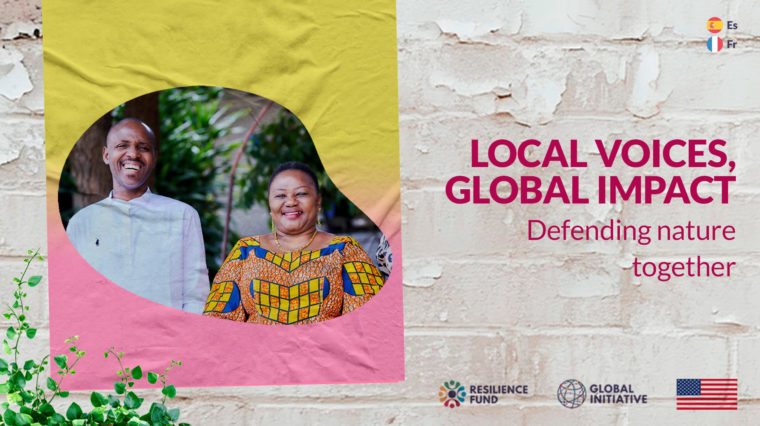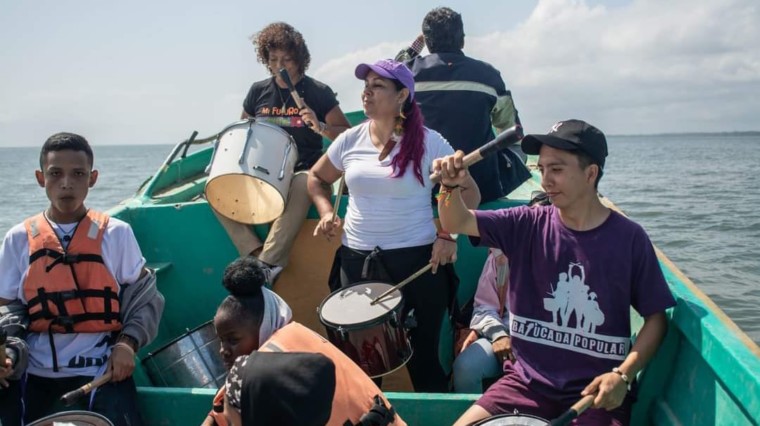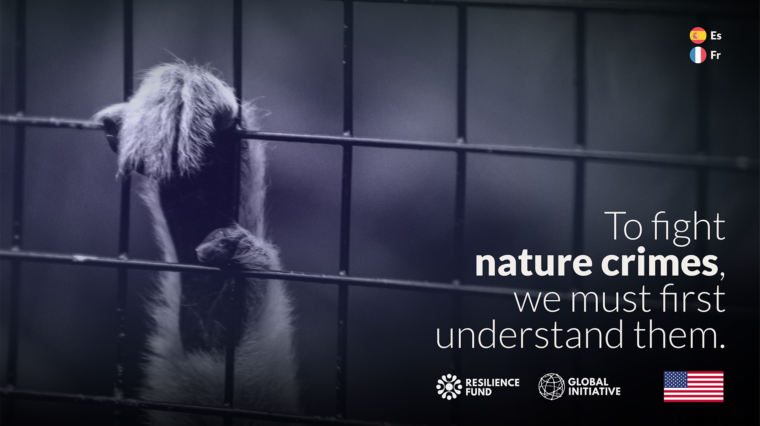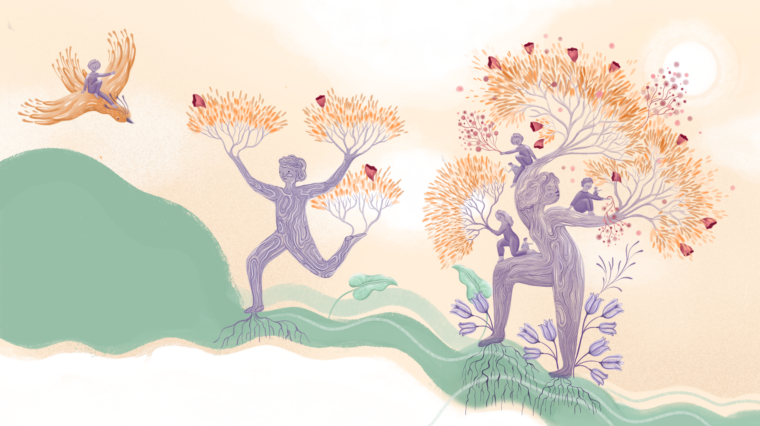Community resilience and COVID-19 no1
Published on April 29, 2020
The Resilience Fund was launched in 2019 to support local activists, NGOs and others in helping their communities to build resilience against the shocks and stresses caused by organized crime.
The groups that we support cover diverse areas and come from varied backgrounds, including journalists, social workers, human-rights activists and first responders to drug addiction. While many of them did not originally set out to deal with organized crime, they adapted to focus on the consequences of criminality as they responded to situations on the ground.
In the communities where the grantees operate, COVID-19 has hit in a rapid and indiscriminate way, adding an all-pervasive obstacle to contexts that are already challenging.
Criminal groups have also been affected. In some areas, these groups are attempting to increase their support and legitimacy in the community by handing out aid or enforcing lockdown measures.
For the grantees themselves, this has meant having to adjust how they support their communities’ activities. As the grantees adapt to these new circumstances, the support of the Resilience Fund has been critical. The Fund beneficiaries represent the true face of community strength and resilience in the wake of the COVID-19 outbreak; not the gangsters and criminals who are exploiting the situation to suit their own interests.
Here are some examples of what the grantees have been doing to build resilience amid the pandemic.
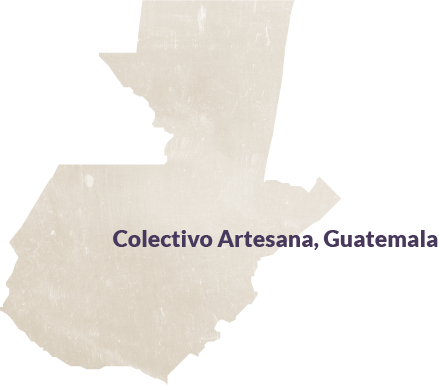
Remembering the forgotten and the vulnerable
Colectivo Artesana is an advocacy organization that counters gender-related violence against women and supports families of prisoners in Guatemala.
Since lockdown measures were first imposed in Guatemala, circumstances have deteriorated for the prisoners and their families. Visitation rights have been curtailed, and access to detention facilities has become more restricted for those trying to provide support to children, for example.
The Colectivo has turned its attention to a public-outreach campaign, collecting and delivering vital supplies to not only help contain COVID-19, but also to assist these often-forgotten and vulnerable communities in building resilience through the supply of food, educational materials, games and musical instruments.
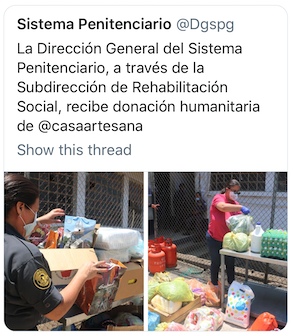
The supplies they gathered have been distributed to detention centres in Santa Teresa, Petén, Cobán, Zela, Mazatengango y Zacapa and the General Office of the Penitentiary System.
Find out more about Colectivo Artesana’s responses to COVID-19 in this video:
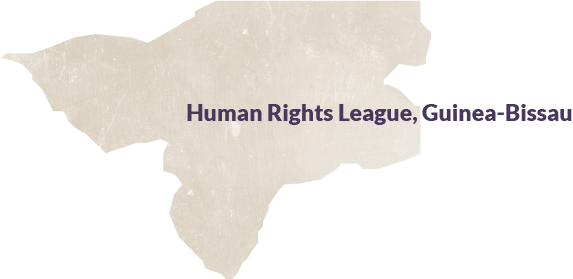
Human-rights violations amid a pandemic
The Human Rights League (HRL) was founded in 1991, and focuses on promoting and protecting human rights in Guinea-Bissau. The NGO has played a vital role towards consolidating the rule of law in this West African state. The organization submits reports and statements to the United Nations and other international bodies, documenting human-rights abuses. With Resilience Fund support, the HRL works to create an informed and critical public opinion on organized crime, and drug trafficking in particular.
Since the coronavirus outbreak, the HRL has received several complaints of illicit acts being perpetrated by police officials in various regions of Guinea-Bissau during COVID-19-prevention operations. According to information collected by the HRL’s activists, there have been instances of police seizing motorcycles and bicycles from citizens. According to these sources, authorities then charge FCFA 23 000 (approximately €35) to release a seized motorbike and FCFA 2 500 (approximately €4) for bicycles, which further aggravates the difficult social and economic situation that the Guinean population is currently experiencing.
Security forces are also reported to be using physical violence against citizens who are alleged to have contravened national rules of confinement and social distancing. There has been a steady increase of reported cases where citizens face brutal assault at the hands of security forces. Rather than engaging in violence, there is an urgent need for authorities to adopt an educational approach to raise awareness among citizens of the dangers of COVID-19.
By documenting and disseminating these instances of abuses of power, the HRL is adapting its mission to the current situation. To help protect the public, the HRL has also launched a strong appeal through public communication and social media, imploring citizens to comply with the coronavirus-containment measures adopted by the national authorities.
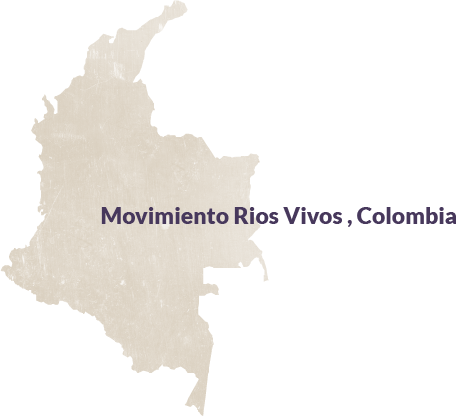
Keeping the communities involved
This year, the Resilience Fund Fellowship is focusing on the issue of disappearances related to organized crime. Isabel Cristina Zuleta is one of the 2020 fellows.
For the past 11 years, she has worked as a spokeswoman for communities affected by the Hidroituango megaproject – the largest hydroelectric project in Colombia. She has been leading resistance to the project, demanding protection for rivers, respect for communities’ rights, and a proper criminal-justice response to cases of disappearances in the region. In 2018, her movement, ‘Rios Vivos’ was awarded Colombia’s National Prize for Defence of Human Rights. In 2019, she was awarded the Public Prize for Peace.
Born in Ituango, Isabel has been a victim of armed conflict. As a result, she dedicated herself to studying the relationship between conflict and the mining-energy policy in Colombia, as well as the presence of criminal groups.
The coronavirus pandemic has exacerbated the situation for those seeking justice around the disappearances, who Isabel is seeking to support as a Resilience Fund fellow. These cases are often abandoned by the state; a risk that is now heightened by the pandemic.
In a recent interview, Isabel conducted a conversation with Luis Fernando Quijano from the Urban Analysis media house. ‘Crime does not rest,’ explained Luis Fernando, adding that criminal groups sometimes wear a ‘Robin Hood costume’ – ostensibly helping the poor and defenceless.
The interview with Luis Fernando is the first in a series of conversations to reflect on the challenges of COVID-19 in relation to the dynamics of organized crime in Colombia – and specifically describes how disappearances are used as a weapon of war among criminal groups.
Listen to the full interview below:
